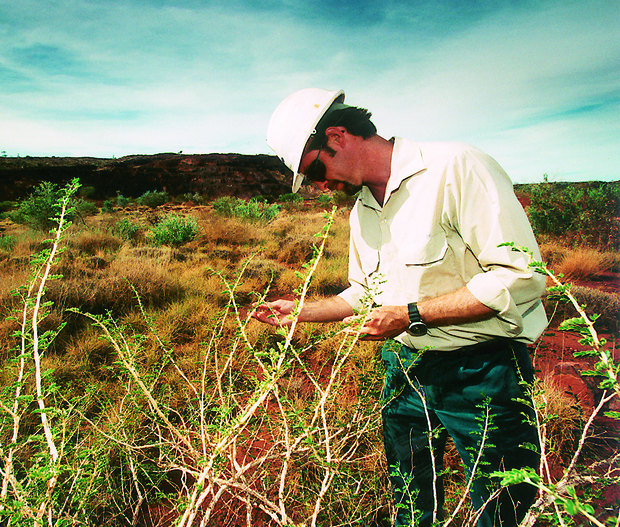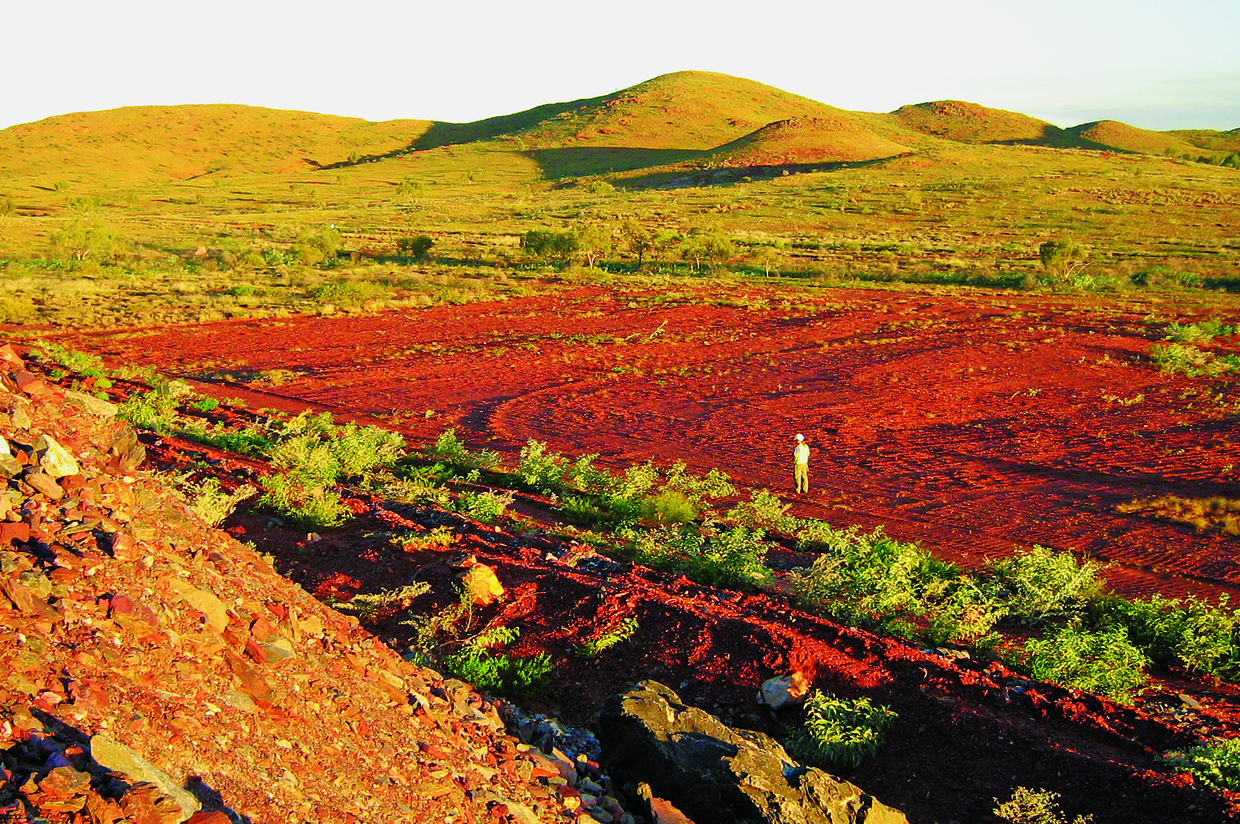Introduction
All onshore petroleum proposals (proposals) in Western Australia (WA) are assessed by the Department of Mines, Industry Regulation and Safety (DMIRS) under the Petroleum and Geothermal Energy Resources Act 1967.
Petroleum operators must submit an Environment Plan, Safety Management System, and Well Management Plan to DMIRS for each proposed activity. Proposals may also require assessment by and approvals from other government agencies.
To ensure environmental risks are responsibly managed during each stage of activity, DMIRS requires operators to implement best practice management measures and demonstrate risks will be managed to ‘as low as reasonably practicable’ (ALARP).


The Petroleum and Geothermal Energy Resources (Environment) Regulations 2012 (the Regulations), require that all petroleum activities have an approved Environment Plan.
In addition to ensuring environmental risks are responsibly managed, the regulations enable:
- Public disclosure of chemicals and additives introduced to a well or formation
- Publication of Environment Plan summaries on DMP’s website
The Environment Plan is a legally binding management document, assessed by DMP, which must contain accurate information about all aspects of a proposal.
The Environment Plan must include:
- A description of the proposed activity and environment
- Environmental risk assessment
- Performance objectives, standards and measurement criteria
- Implementation strategy
- Consultation with stakeholders.
The description of the environment must provide information on:
- Climate and meteorology
- Vegetation, flora and fauna
- Geology, land features and soils
- Hydrogeology and hydrology
- Cultural heritage, social amenity, and impacts on other land users
- Any other environmental aspects relevant to the proposal.
This information is typically acquired through desktop and field surveys.

Reporting and monitoring
All operators are required to monitor, analyse, evaluate and report on their activities.
DMIRS acquires this information through:
- Daily drilling reports
- Weekly activity reports
- Recordable and reportable incident reports
- Quarterly emissions and discharge reports
- Annual environmental reports
- Close-out reports
- Condition-based reporting (activity specific)
Auditing and compliance
DMP inspectors appointed under the Petroleum and Geothermal Energy Resources Act 1967 and Petroleum (Submerged Lands) Act 1982 conduct rigorous environmental compliance audits and inspections of petroleum activities in WA. These audits and inspections ensure activities are conducted in accordance with the approved Environment Plan and that best practice management is being implemented.
In addition, it is a legislative requirement of all petroleum operators in WA to self-audit their activities to ensure environmental impacts and risks are managed appropriately and are continuously reduced as ‘low as reasonably practicable’.
Referral process
DMP has a Memorandum of Understanding (MoU) with the Environmental Protection Authority, which describes criteria for referral of petroleum activities for assessment under the Environmental Protection Act 1986 (WA).
The MoU triggers immediate DMP referral if an activity:
- Is within 500m of an Environmentally Sensitive Area (for a detailed list of the areas, refer to the current version of the MoU); and
- Within 2 kilometres of a declared occupied town site.
If a proposal could have a significant impact on a matter of national environmental significance the proposal is referred to the Commonwealth Department of Environment for assessment under the Environment Protection and Biodiversity Conservation Act 1999.
For more information check out Reforming Environmental Regulation (RER), Natural gas from shale and tight rock, Email: shaleandtightgas@dmirs.wa.gov.au or Telephone +61 8 9222 3333
